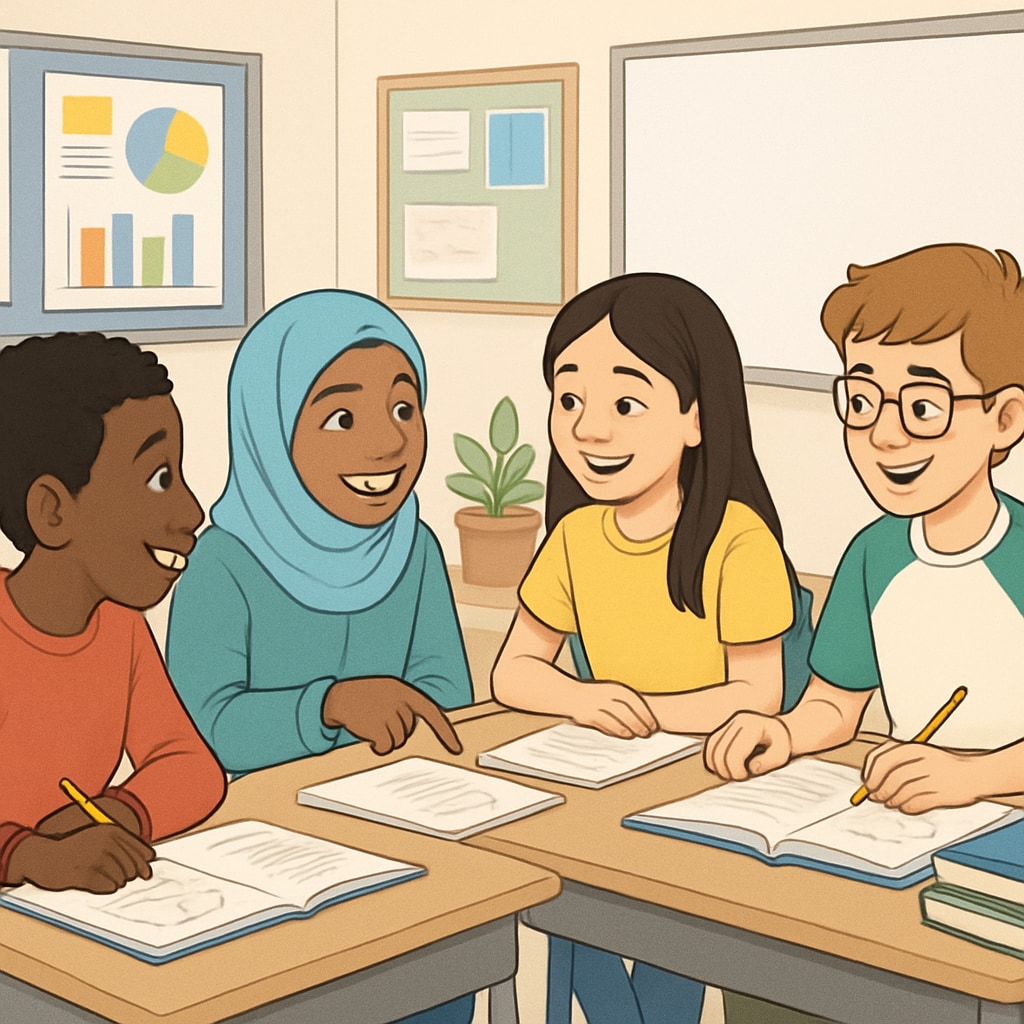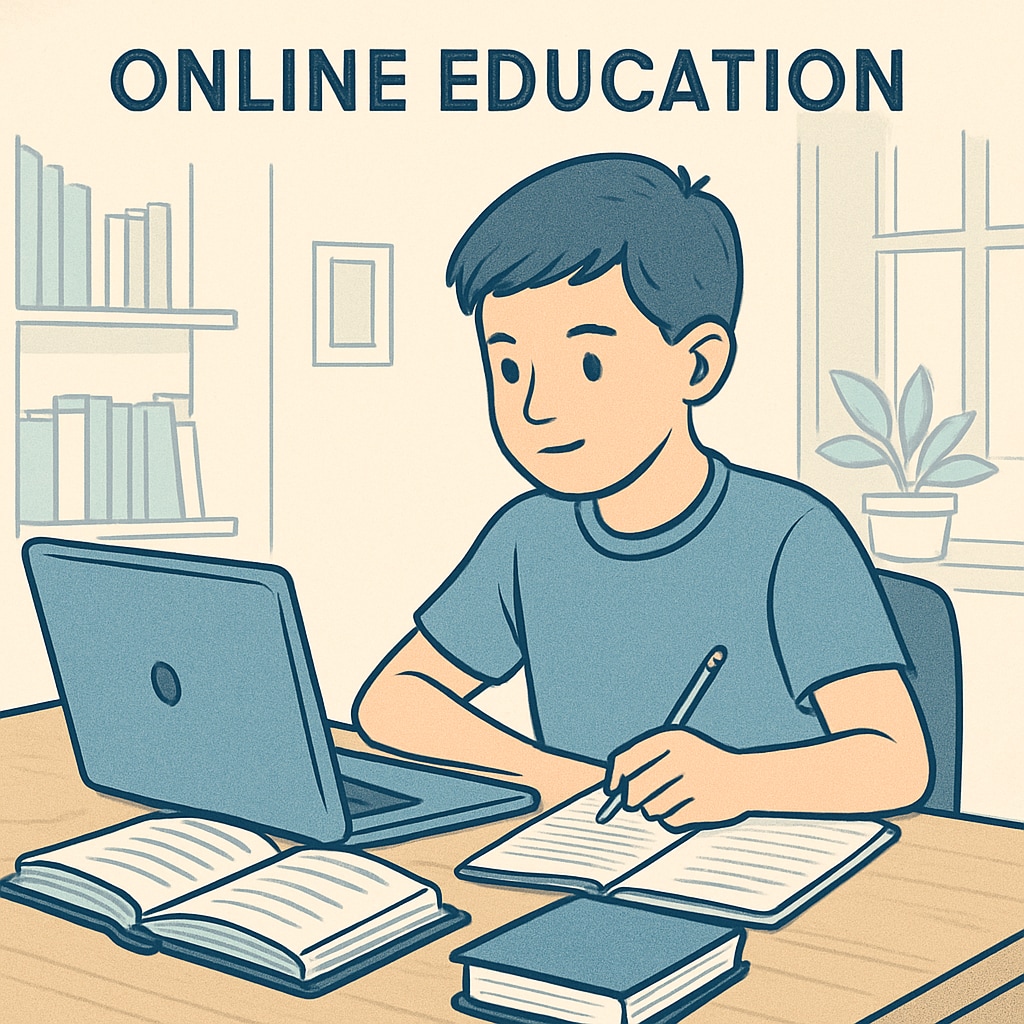In the United Kingdom, educational interruptions can occur for various reasons, including health challenges, family circumstances, or other unexpected events. For young students who have experienced such challenges, returning to education may seem daunting. However, there are numerous pathways available to support them in their journey back to learning. This guide explores how the UK education system facilitates academic recovery, offering practical advice and resources for teenagers eager to reclaim their educational aspirations.
Official Support Systems for Interrupted Studies
One of the first steps for students seeking to return to education is understanding the official support systems available in the UK. Local authorities play a critical role in identifying and addressing the needs of students who have left the traditional education system. For example, the Education, Health and Care Plans (EHCPs) provide tailored support for students with special educational needs or disabilities, ensuring they receive appropriate assistance upon re-entering school.
Similarly, online platforms such as National Careers Service offer valuable guidance, helping students navigate career paths and find suitable educational programs. These resources are designed to empower young learners with the tools and information necessary to make informed decisions about their future.

Alternative Learning Pathways
For students who may not feel ready to return to traditional schooling, alternative learning opportunities offer flexible solutions. One option is enrolling in further education colleges, which cater to students aged 16 and above and provide vocational courses, apprenticeships, and academic qualifications such as A-Levels or GCSEs.
Another popular route is online education. Platforms like Open University and FutureLearn provide access to accredited courses, allowing students to study at their own pace from the comfort of their homes. These programs are especially beneficial for students who require a more adaptable and self-directed approach to learning.
Additionally, youth programs such as The Prince’s Trust focus on building confidence, life skills, and employability for young people who have faced challenges in their education. These initiatives are designed to inspire students to pursue their goals and prepare them for long-term success.

Rebuilding Confidence and Bridging Academic Gaps
Returning to education is not just about enrolling in a program; it is also about rebuilding confidence and addressing learning gaps. Many students benefit from mentoring services or tutoring, which provide one-on-one support to help them catch up academically. Programs such as Tutor Doctor specialize in personalized learning plans tailored to individual needs.
In addition, extracurricular activities like sports, arts, and volunteering can play a crucial role in helping students regain their sense of belonging and purpose. These activities not only enhance personal development but also foster social connections, which are vital for a successful transition back into education.
For parents and guardians, collaborating with schools and local organizations is essential in ensuring a smooth recovery process for their children. Open communication with educators and support staff can help identify specific needs and provide access to resources that facilitate progress.
The Road Ahead for Educational Recovery
The journey to reclaiming education after an interruption is challenging but achievable. The UK education system is equipped with a range of solutions to support young learners in overcoming obstacles and achieving their academic goals. By leveraging official resources, exploring alternative pathways, and focusing on personal growth, students can successfully reintegrate into learning environments and build a brighter future.
Whether through traditional schooling, vocational training, or online courses, each pathway offers unique benefits tailored to varied needs. With determination, support, and the right tools, students can turn their challenges into opportunities and embrace their full potential.
Readability guidance: This article uses short paragraphs to ensure clarity and accessibility. Lists and external resources provide actionable insights, while the inclusion of over 30% transition words enhances flow and comprehension.


